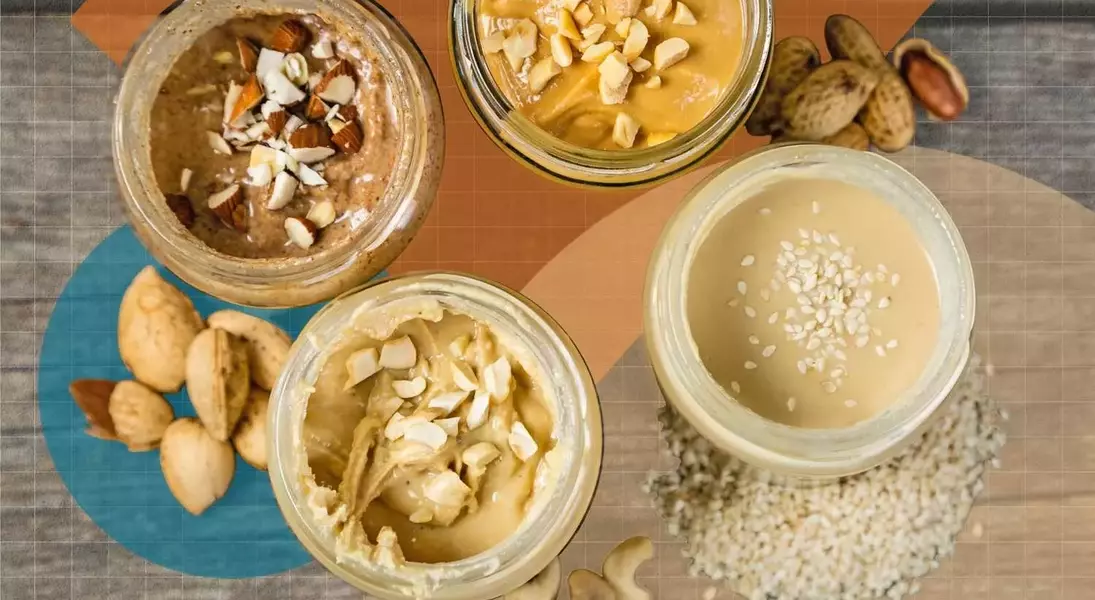
While eggs are a common kitchen staple, celebrated for their convenience and protein content, a surprising array of nut and seed butters can offer an even more substantial protein punch per serving. These versatile spreads provide excellent alternatives or additions for anyone looking to boost their protein intake, supporting muscle recovery, feelings of fullness, and long-term well-being. Incorporating these nutrient-dense options into meals and snacks can help individuals diversify their protein sources and meet their daily dietary goals.
Discovering Protein Powerhouses Beyond the Egg
Many popular nut and seed butters serve as fantastic protein sources, often exceeding the protein found in a single large egg (approximately 6 grams). This makes them ideal for various dietary needs, whether as a break from traditional eggs or an allergy-friendly substitute.
Peanut Butter: A Classic with a Kick (8 grams of protein per 2 tablespoons)
More than just a nostalgic sandwich filler, peanut butter delivers a robust protein and healthy fat profile. Nutrition expert Jenna Gorham, RD, LN, emphasizes its ability to enhance satiety in meals and snacks, suggesting its use in oatmeal or smoothies. Carrie Gabriel, M.S., RDN, adds that its rich protein, fiber, and healthy fat content contribute to weight management, cardiovascular health, and stable blood sugar levels.
Almond Butter: Nutrient-Rich and Versatile (7 grams of protein per 2 tablespoons)
Pumpkin Seed Butter: An Unexpected Champion (10 grams of protein per 2 tablespoons)
Sunflower Seed Butter: Allergy-Friendly and Nutritious (6 grams of protein per 2 tablespoons)
This exploration into nut and seed butters reveals that a balanced and varied diet is key to optimal nutrition. By diversifying protein sources, individuals can ensure they receive a wide spectrum of essential nutrients, supporting overall health and well-being.
